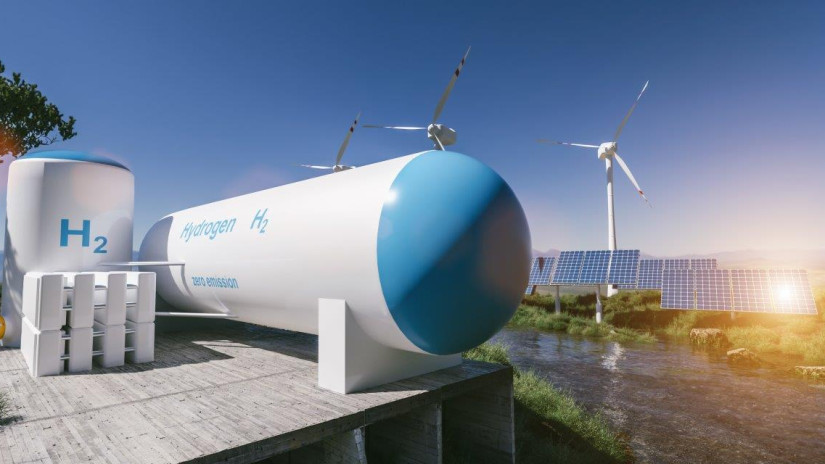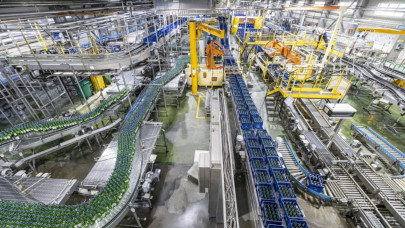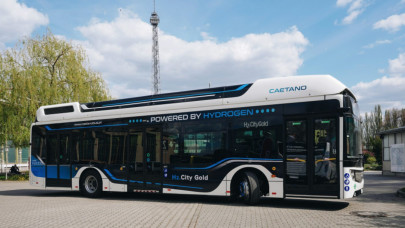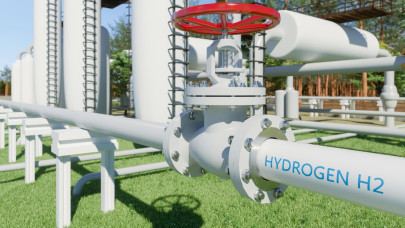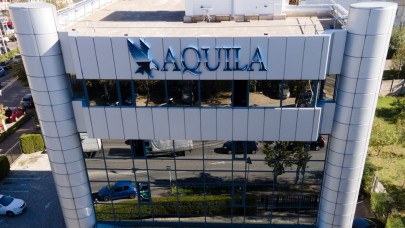Estimates place the cost of implementing the strategy at €4.75 billion, a cost that will be borne through a series of funding methods specific to each sector. The estimation of the implementation costs of the strategy was carried out starting from the hydrogen consumption of each sector, using specific assumptions regarding the production costs of renewable or low-carbon hydrogen, investment and operational costs, infrastructure costs, and the technology required for the use of hydrogen (for example, in transport - supply infrastructure), these being analyzed about the costs of fossil fuels and the costs of CO2 emissions.
"The vision of the National Hydrogen Strategy (SNH) and the Action Plan for Romania aim to develop a hydrogen economy, with an emphasis on renewable hydrogen, but also paying attention to hydrogen with a reduced carbon footprint, at an affordable price, in the perspective of reducing emissions of carbon and sustainable and competitive economic and technological development, by developing the following strategic directions for the year 2030: 1. Decarbonization of the economy, by using renewable hydrogen in sectors difficult to decarbonize by other methods (for example: the impossibility of direct electrification); 2. Economic growth through the sustainable development of technologies for industries that are difficult to decarbonize and the creation of new jobs; 3. Technological development to ensure a long-term mobilization of the hydrogen economy and to support the attraction of investments in the economy and the increase of living standards; 4 "Energy security, through the use of hydrogen and Power-to-X solutions to optimize the integration of renewable energy sources and to achieve sectoral integration," the project states.
The general objectives aim to avoid carbon emissions by at least 2 million t CO2 in 2030 through the use of renewable hydrogen in the industrial and transport sectors; creating the necessary conditions for the production of at least 48.7 kt/year of renewable hydrogen at the level of 2027, respectively 152.9 kt/year of renewable hydrogen at the level of 2030, to develop industries that are difficult to decarbonize and develop a clean transport sector; the development of hydrogen technologies and their implementation in the economy by training human resources and supporting research, innovation and technological transfer activities and infrastructure; the use of hydrogen and Power-to-X solutions for the integration of energy sources from renewable sources and to achieve sectoral integration.
The specific objectives were defined and derived according to the general objectives so that the latter contributed to the achievement of the general objectives.
The first general objective has the following specific objectives for the industry: the gradual replacement of hydrogen from fossil sources with renewable hydrogen, so that in 2030 carbon emissions of 506 kt CO2 are avoided by using 57 kt of renewable hydrogen in the industries that currently consume hydrogen as a raw material or secondary product in their technological processes; the use of 23.7 kt of renewable hydrogen in 2030 in new industrial processes, such as steel production through DRI EAF technology; encouraging projects to re-engineer the production processes of economic operators, in which the use of renewable hydrogen will have a significant positive impact on the reduction of greenhouse gases.
The transport sector will be another priority so that Romania can meet its European decarbonization targets. Since in this sector, electrification has a significant advance, hydrogen as a fuel will be introduced gradually, with a relatively low volume of demand until 2027, until the conditions of production, use, and the necessary infrastructure stabilize, following an acceleration on the horizon of 2030. Thus, the use of 72.4 kt of renewable hydrogen in 2030 is envisaged to reduce the carbon footprint in the transport sector.
The strategy also indicates that the national energy system partially based on natural gas will have to be decarbonized, and in the short term, the solution would be the mixture of hydrogen in natural gas. In this sense, it is considered to stimulate the development of a renewable hydrogen transport and distribution infrastructure, so that industrial areas that do not have easy access to renewable energy sources can achieve their industrial objectives of reducing greenhouse gas emissions.
Through the PNRR, Romania allocated €148 million for 100 MW of electrolysis capacity provided for companies interested in developing renewable hydrogen production capacities. Several economic sectors (chemistry, refining processes, steel production, etc.) could reduce carbon emissions through the use of renewable hydrogen, by up to 70-95%.

